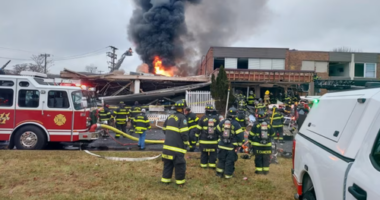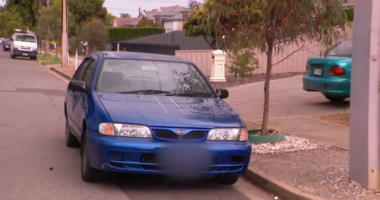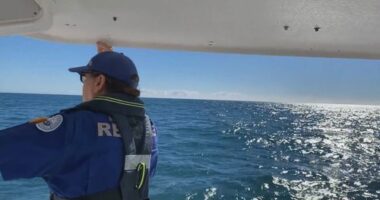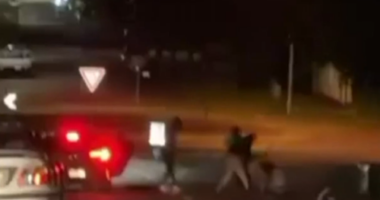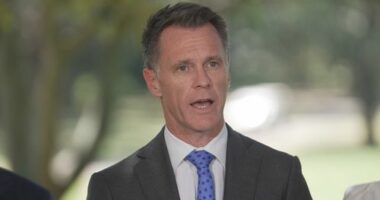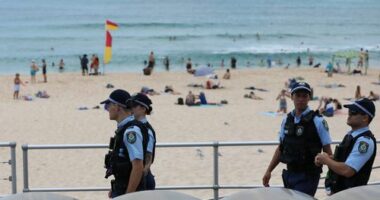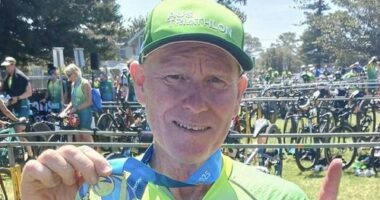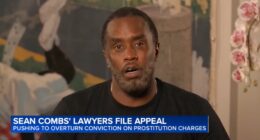Share this @internewscast.com
Although the federal government’s interest in a national treaty with Australia’s Indigenous communities has waned following the unsuccessful 2023 referendum, the Victorian government is striving to establish a state-level agreement by next June. Natalie Hutchins, Victoria’s Minister for Treaty and First Nations People, expressed to the Public Accounts and Estimates Committee on Thursday her aspiration to implement new legislation this year and to finalize a treaty before the next financial year’s conclusion.
The history of Indigenous sovereignty recognition
The dialogue in Victoria commenced in 2021, and formal negotiations with First Peoples began last November. However, the acknowledgment of Indigenous sovereignty and movement towards a formal treaty started long before the British claimed Aboriginal territories.
At Barunga in 1988, then-prime minister Bob Hawke famously promised a treaty “before the end of the life of this parliament”.
“For us, treaty is a movement. It’s about resetting relationships, new relationships around truth-telling and accountability.”

Ngarra Murray said there had been significant progress towards Treaty in the last 10 years. Source: AAP / Diego Fedele
Nyangbal and Arakwal woman Naomi Moran is one of three recently appointed NSW Treaty Commissioners.
“No European nation has any legitimate authority to occupy or settle in any part of their country without their explicit consent. Conquest does not provide a valid claim, as these people could not have been the aggressors.”
It was a major setback for Josh Creamer, the Waanyi and Kalkadoon barrister and former chair of the Queensland government’s Truth-telling and Healing Inquiry that was launched as the first step towards a formal agreement.

